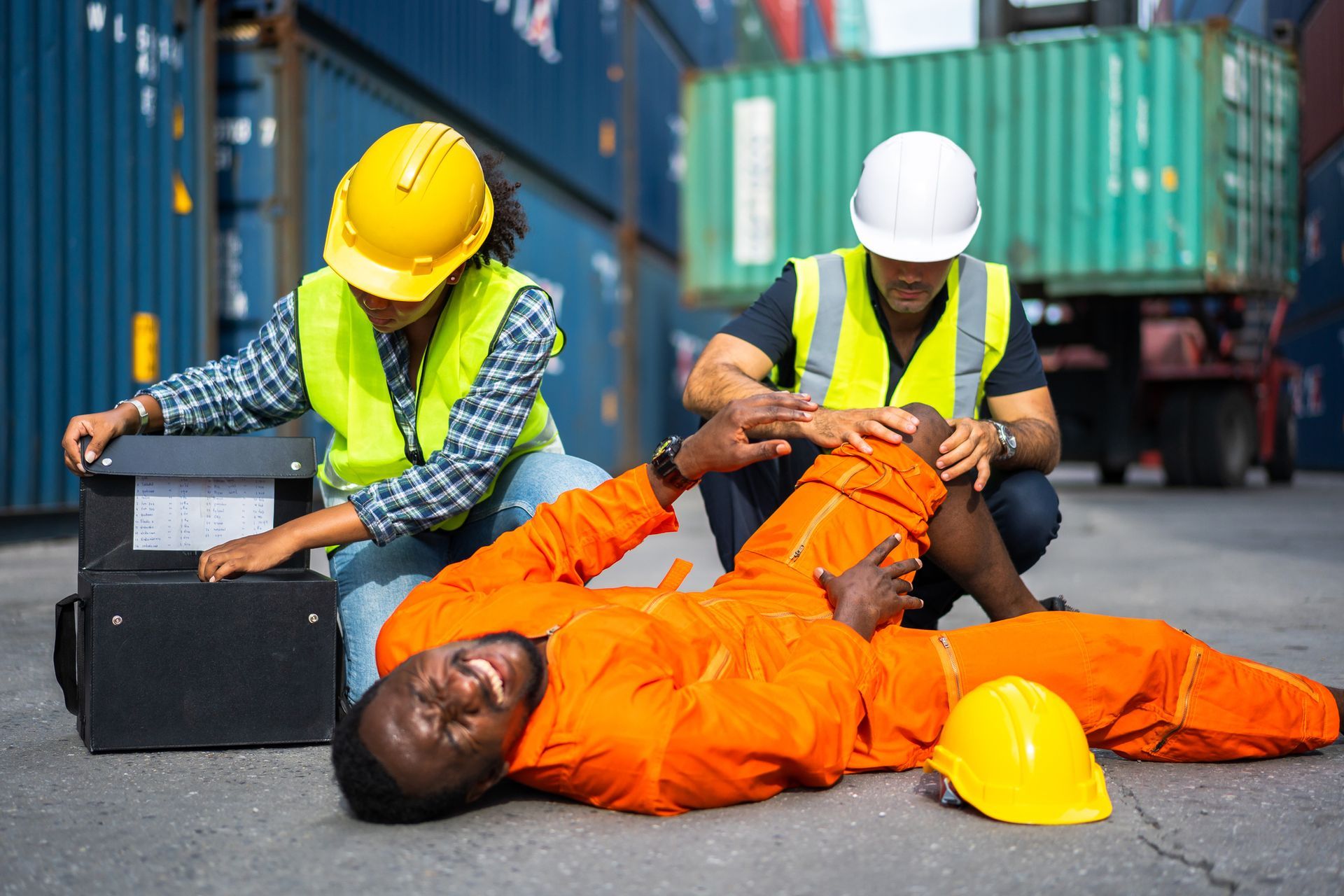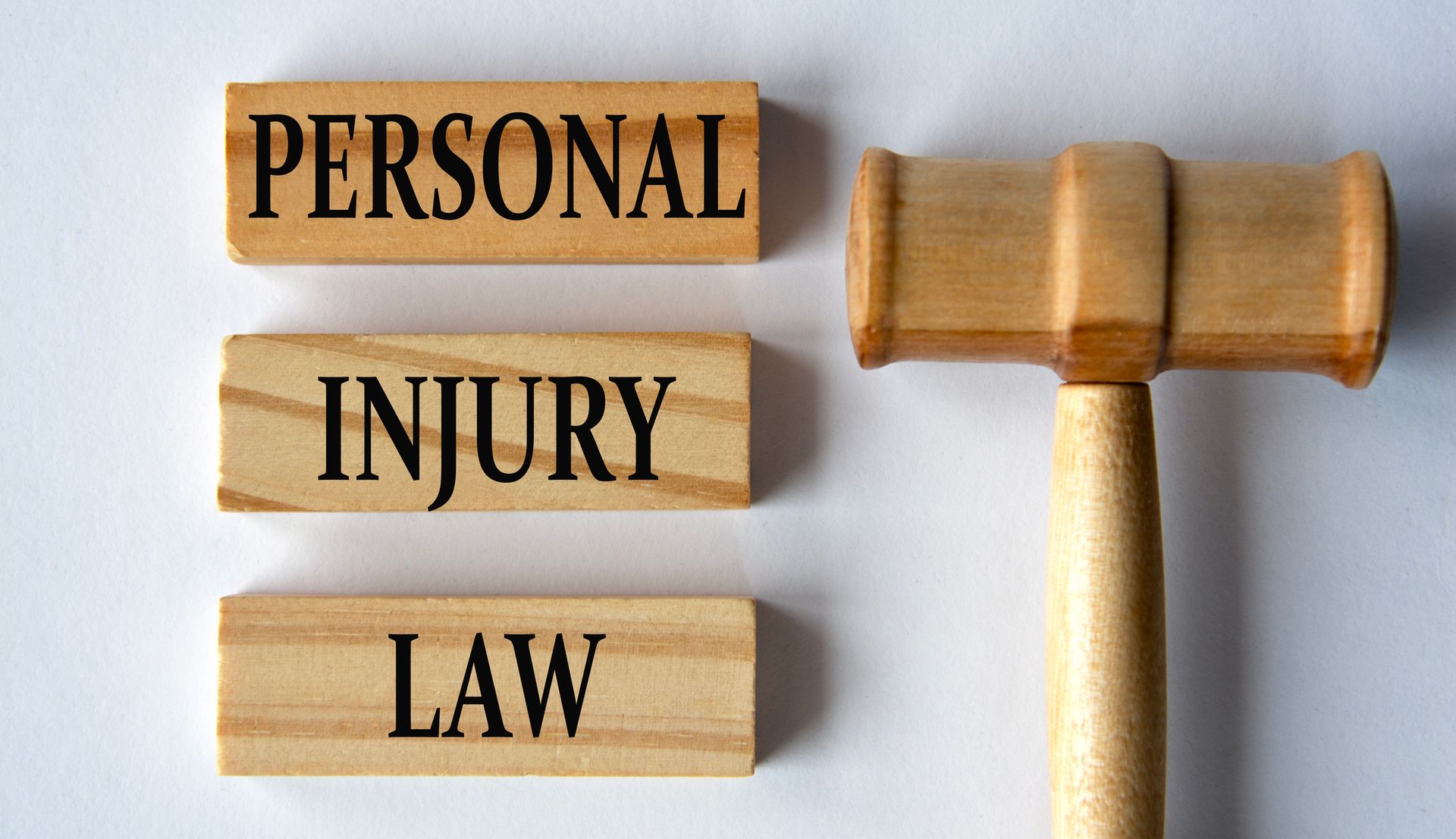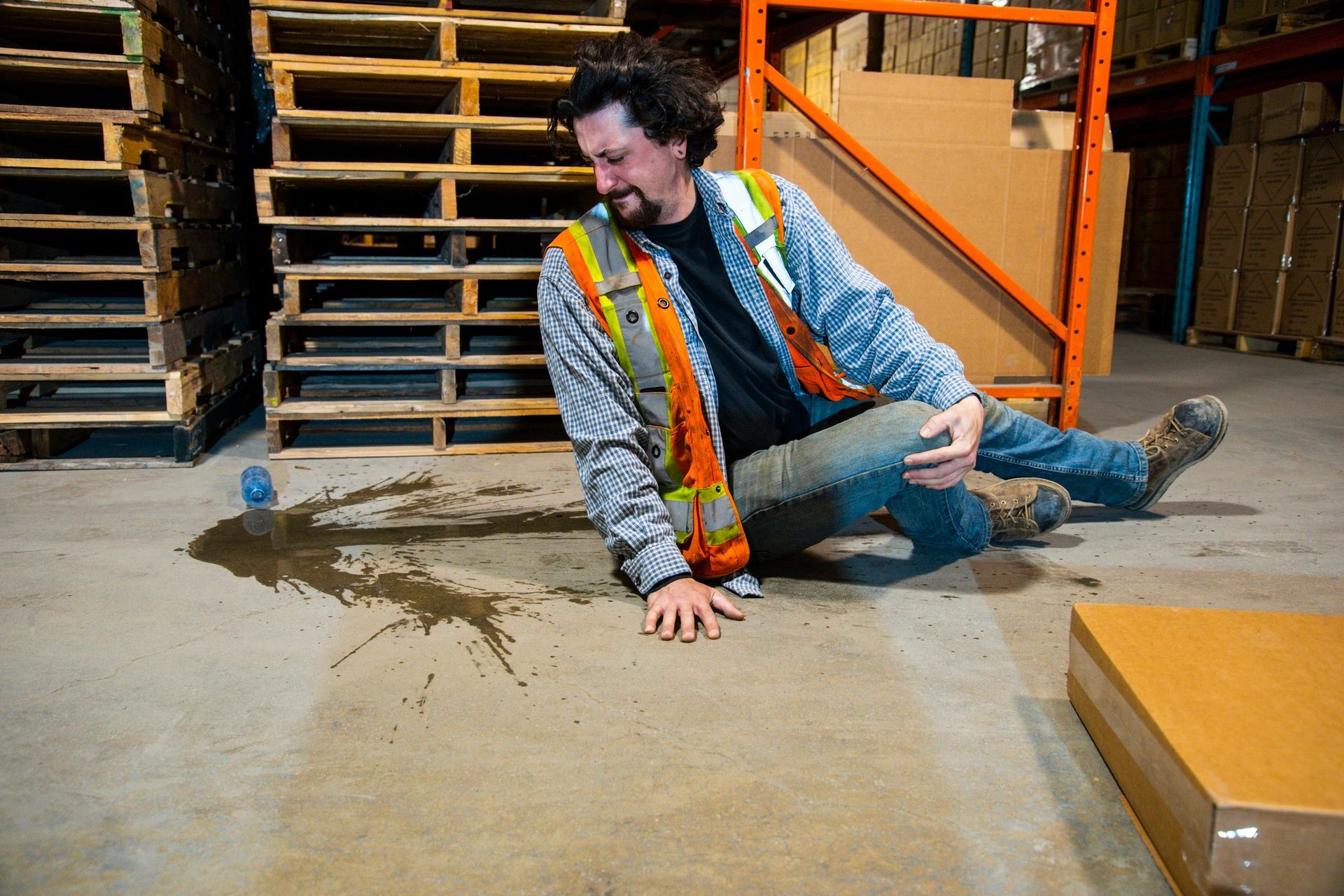SEVERE WEATHER ACCIDENTS
MORE SEVERE WEATHER CAUSES MORE ACCIDENTS
MORE SEVERE WEATHER, MORE OFTEN
Severe weather events have increased in frequency in the 21st century. Heat waves, arctic vortexes, floods, wildfires, tornadoes and hurricanes have all gotten more intense in the past two decades. Even the classic summer thunderstorm has become a severe weather event, complete with severe thunderstorm warnings and tornado warnings. So many records for heat, flooding and acres burned have been broken in the last five years that we hardly take notice when another record temperature or record rainfall occurs. The number of weather events reported by the National Oceanic and Atmospheric Administration has increased 8% from 2016 to 2020.
The wildfire season in the western U.S. was typically 5 months long in the second half of the 20th century; it now lasts 7 months long. During the 2010s, heatwaves in the U.S. became longer (duration); hotter (intensity), more frequent (average of 7 per season), and the season for heatwaves lengthened from 20 days in the 1960s to 70 days currently. In recent years, a larger percentage of precipitation has come in the form of intense single-day events. Nine of the top 10 years for extreme one-day precipitation events have occurred since 1996. The prevalence of extreme single-day precipitation events remained fairly steady between 1910 and the 1980s, but has risen substantially since then. Hurricanes have become more intense, dumping more water, causing bigger storm surges, and lasting longer than before.
MORE SEVERE WEATHER MEANS MORE ACCIDENTS
What does all of this mean? In addition to indicating accelerating climate change, more intense and frequent severe weather events mean more accidents. The number of direct and indirect injuries resulting from weather events has increased 9% from 2016 to 2020. Over the last five years, weather-related deaths are down 12% from 2016, while the number of weather events has increased 8% and injuries have increased 9%. In 2020, 60,714 weather events resulted in 585 deaths and 1,708 injuries. Winter weather, tornadoes, and floods were responsible for the most deaths during 2020. The largest number of reported injuries resulted from tornadoes (741 injuries in 2020), high winds including thunderstorm winds (429 injuries in 2020), and wildfires (210 injuries in 2020). The most deadly weather events in the United States over the past five years include Hurricane Irma, Hurricane Harvey, and California wildfires.
Severe weather can cause motor vehicle accidents in several ways. In stormy conditions, it may be difficult for drivers to see more than a few hundred feet in front of them. It can also be harder for a driver to judge their speed or the speed of nearby vehicles. In some cases, fog will develop during or after a storm, which can further reduce visibility. Rain, ice or snow can make roads slippery and harder to stop on. Vehicles that have worn or damaged tires are likely at a higher risk of sliding or skidding on the road. This is known as “hydroplaning.” If there are other cars on the road, a hydroplaning vehicle can slide into their path. Even if there aren’t any other cars on the highway, a car can still slide or skid into a median or a tree.
Flooding from extreme rainfall events—including flash flooding—can affect roads, bridges, and even subways, as happened in New York City from Hurricane Ida in 2021. Sewer systems, some a century old, are proving insufficient to absorb the flash flood effects of recent severe weather events. Creeks and small waterways overflow their boundaries, flooding roads and/or destabilizing bridges. Motor vehicle traffic can be caught in hazardous road conditions within short periods of time—and often with no where to go to avoid the danger.
LIABILITY FOR SEVERE WEATHER ACCIDENTS
While many accidents caused by these severe weather events might be attributed to “acts of God,” some accidents have more earthly origins. If a road should have been closed but was not and flooded, causing an accident, the entity responsible for monitoring the status of the road could be liable. If a motorist did not adjust their speed to fit the current hazardous road conditions, that motorist could be responsible for an accident involving another vehicle, a pedestrian, or a bicyclist.
Determining when and where liability arises requires the expertise of a skilled personal injury attorney. If you have been in an accident related to a severe weather event, contact Dave Thomas, at The Thomas Law Firm, for a free consultation regarding your legal rights.








